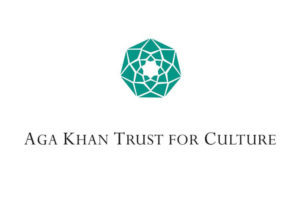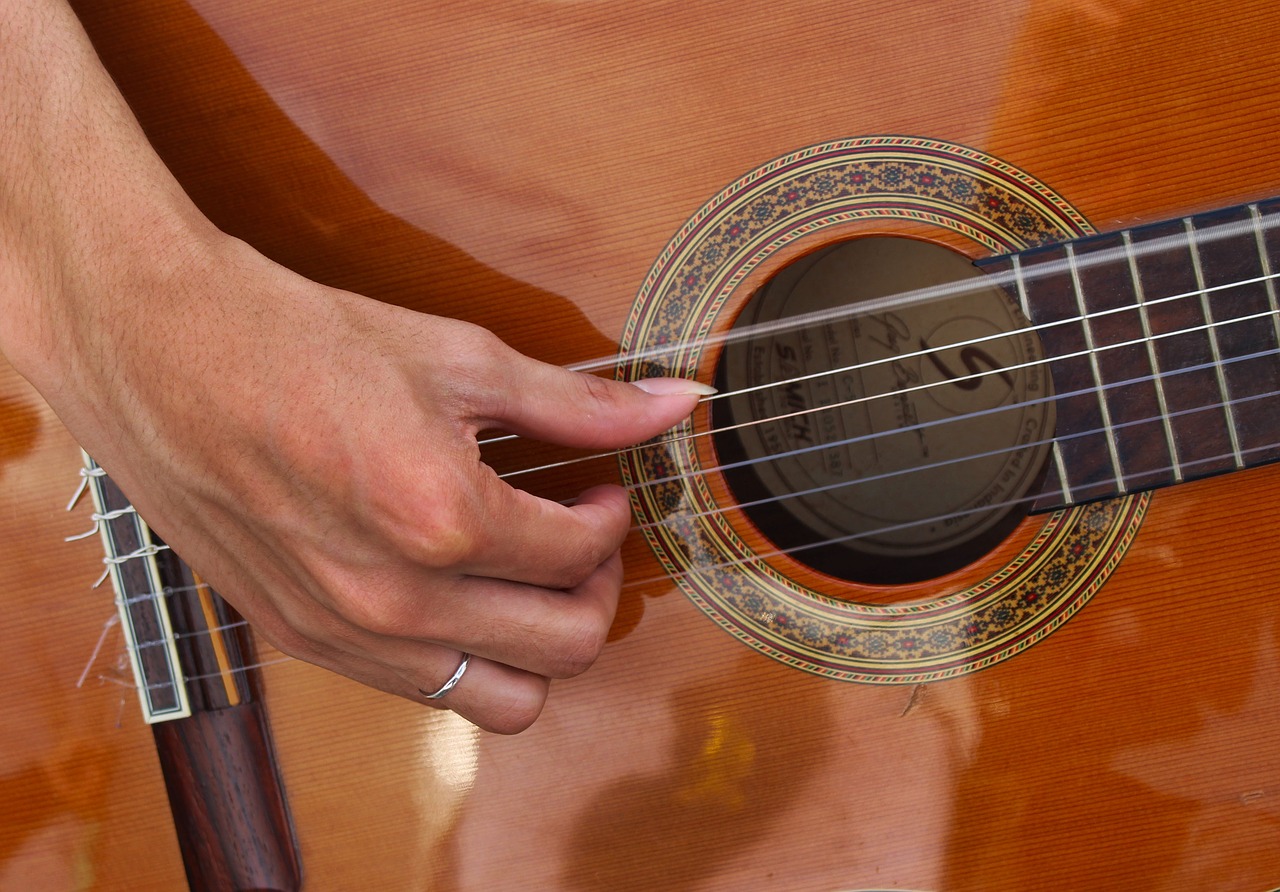 When you think about protecting and preserving Afghanistan’s cultural heritage, it’s easy to focus on physical objects and structures, such as historic mosques or ancient monuments that are in need of repair and restoration. But living elements of cultural heritage, like music, need protection and revitalization just as much as their tangible counterparts. This is precisely why the Aga Khan Development Network and the Aga Khan Trust for Culture created the Aga Khan Music Initiative (AKMI) in 2000. First established in Central Asia (including Afghanistan) and subsequently expanded to include parts of the Middle East, Africa, and South Asia, AKMI is a unique program designed to help musicians and music educators from Muslim countries preserve, transmit, and further develop their traditional musical heritage. Read on to learn more about this important initiative.
When you think about protecting and preserving Afghanistan’s cultural heritage, it’s easy to focus on physical objects and structures, such as historic mosques or ancient monuments that are in need of repair and restoration. But living elements of cultural heritage, like music, need protection and revitalization just as much as their tangible counterparts. This is precisely why the Aga Khan Development Network and the Aga Khan Trust for Culture created the Aga Khan Music Initiative (AKMI) in 2000. First established in Central Asia (including Afghanistan) and subsequently expanded to include parts of the Middle East, Africa, and South Asia, AKMI is a unique program designed to help musicians and music educators from Muslim countries preserve, transmit, and further develop their traditional musical heritage. Read on to learn more about this important initiative.
What are the aims of the Aga Khan Music Initiative?
AKMI works to promote the revitalization of musical heritage in order to provide a livelihood for musical artists and to strengthen pluralism and dialogue in nations where those very things face significant social, political, and economic challenges. Among other specific aims, AKMI supports exceptional artistic and educational talent, promotes the revival of historic connections and collaborations among artists from the regions served by the program, and disseminates the results of its efforts all around the globe with the support of educational institutions, arts presenters, and music distributors. Ultimately, the goal of AKMI is to help support vibrant, interconnected artistic communities that create contemporary music rooted in tradition, and to build new audiences for such music through broad-ranging arts education initiatives.
What are the main focus areas of the Aga Khan Music Initiative?
To fulfill its core mission, AKMI concentrates its efforts and investments on a number of key focus areas. These include the following:
-
Music education and mentoring
In many parts of Central Asia, including Afghanistan, the question of how to grow the next generation of young musicians is an urgent one, as traditional methods of music teaching and learning have been seriously disrupted in past decades by conflict. For this reason, education and mentoring are a central focus of AKMI’s cultural development investments. Specific initiatives in this area include the following:
Music curriculum development centers and schools—AKMI supports a growing network of Central Asian curriculum development centers and music schools that are working to ensure that local musical heritage passes to the next generation and evolves to find its place in the contemporary world. Some of the most successful strategies these organizations are using include the revitalization of the traditional master-apprentice relationship in music pedagogy; the development and dissemination of new curriculum materials; and the organization of teacher training institutes and workshops to provide educators with critical support and resources.
Textbook project: The Music of Central Asia—To help grow a knowledgeable and appreciative international audience for Central Asian music, AKMI has produced a pioneering textbook on Central Asian musical traditions. Published by Indiana University Press in 2016, this textbook is the first in the world to offer a thorough and detailed introduction to the rich and diverse music of Central Asia.

-
International performance and outreach
In partnership with a global network of arts presenters, academic institutions, and cultural associations, AKMI works to bring musical innovators from Central Asia to the world stage. Specific initiatives in this area include the following:
Concert and festival programs—AKMI strives to bring the musicians on its artist roster to new, diverse audiences all over the world, and to help foster understanding and appreciation in those audiences. To this end, performance venues are selected with the aim of reaching audiences who are varied in profile, age, and background, and the format of the performance is carefully designed to provide important cultural context for the performers and their music. For example, a short documentary might be screened before a concert to introduce the audience not only to the featured musicians, but also to the communities in which they live and work.
Artist-in-residence and workshop programs—These initiatives link the educational mission of AKMI with its curatorial expertise. Often organized alongside a formal concert or performance, workshops and residencies give students the unique chance to interact directly with musicians from AKMI’s artist roster. Featuring small classroom settings and hands-on workshops, these initiatives offer an exceptional opportunity for cross-cultural exchange and the exploration of fundamental questions about musical creativity.
-
Artistic production and dissemination
AKMI believes that musical traditions in a community are only truly alive when they can evolve in response to the taste and interest of contemporary listeners. To support this evolution, AKMI operates a commissioning and creation program for new works. With this program, AKMI seeks out exceptional innovators from traditional musical backgrounds, and supports them along trajectories of sustained creative development that result in new work that has roots in tradition but that speaks to today’s audiences. An example of a work commissioned and produced under this program was a new composition by Homayun Sakhi, the Afghan rubab virtuoso: Sakhi himself performed his work for rubab, string quartet, frame drum, and tabla alongside the world-renowned Kronos Quartet.

